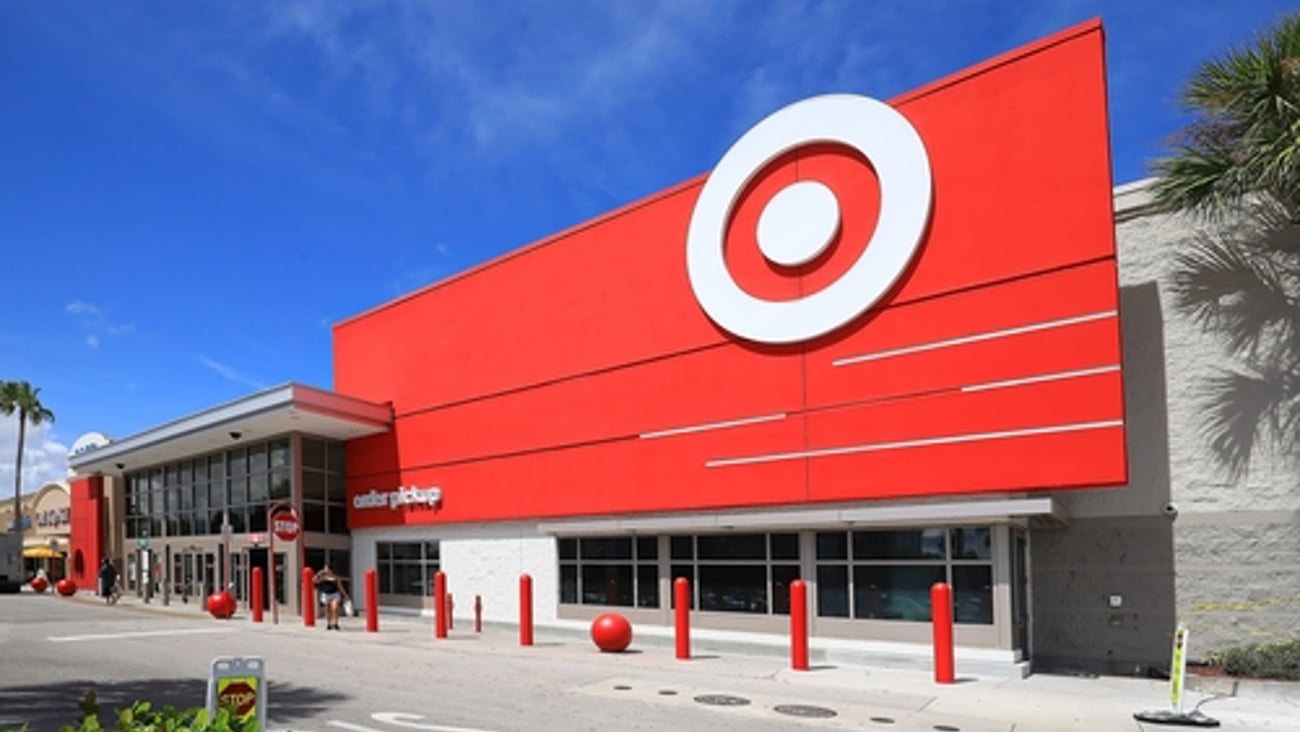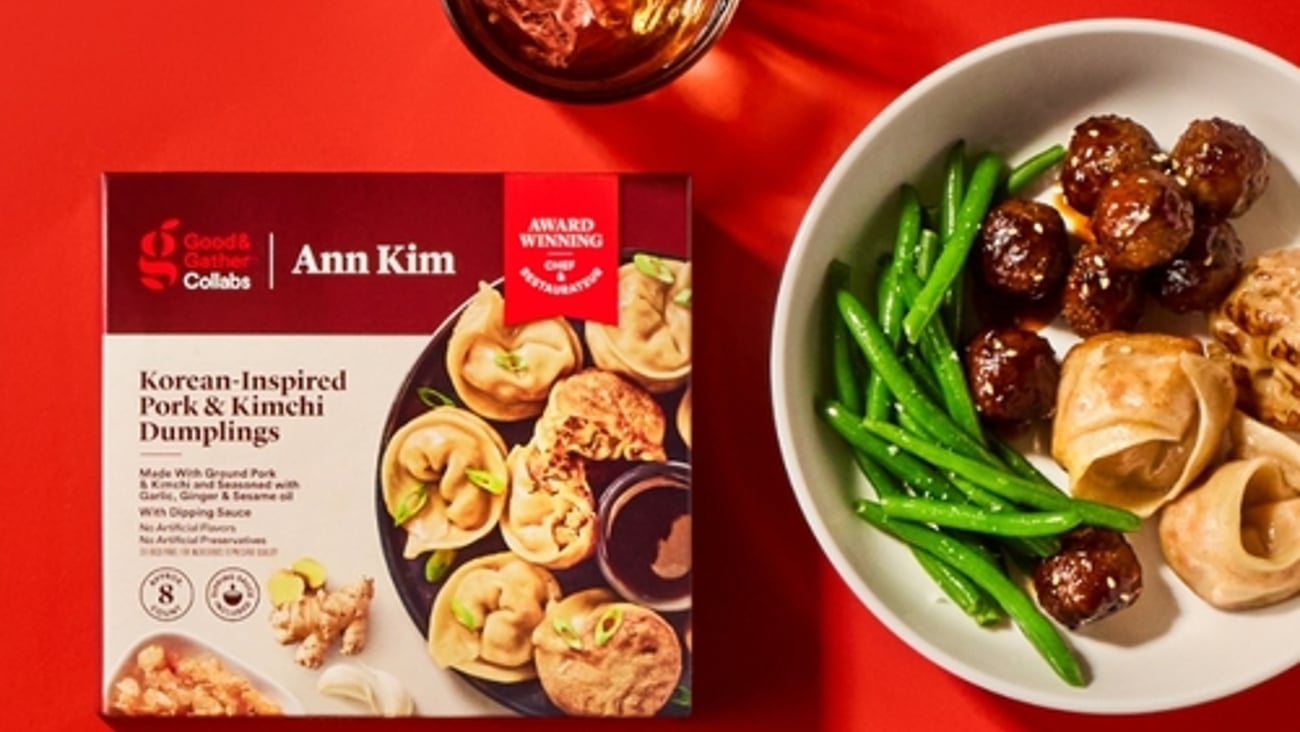A year later, Amazon.com isn’t ruling grocery
It has been about one year since Amazon.com officially took over Whole Foods Market after purchasing the organic and natural foods retailer for $137 billion in cash. At the time, some industry pundits made it sound like Seattle-based Amazon.com would soon take over the grocery industry — much like the evil Thanos taking over the universe in “Infinity War” — after it acquired the Austin, Texas-based retailer. Some pundits made it sound like Walmart, The Kroger Co., Albertsons Cos. and other grocery retailers would meet a doomed fate at the hands of Amazon.com Founder and CEO Jeff Bezos.
After the acquisition, grocery stocks dropped like a sack of potatoes. Panicked investors sold their shares in Walmart, Kroger and other retailers. But fast-forward to now. The grocery industry has changed, but Walmart, Kroger and other retailers are going strong. And at least two things have been realized: One, Amazon.com is not evil; it’s just a one of the shrewdest companies in the history of retail. And, two, Amazon.com is not taking over the grocery industry.
If anything, Amazon.com’s acquisition of Whole Foods lit a fire under other grocery retailers to react, which several of them have done. Just look at the online businesses of Walmart and Kroger, the nation’s top two grocery retailers, which are flourishing. They are investing heavily in online ordering and free grocery pickup as well as home delivery.
Retailers in general are also using their private brands programs to differentiate. Look at some of the investments they have made in premium private brands this year to offer exclusive products they know their customers can’t get anywhere else.
Earlier this year, I spoke to private brand consultant Todd Maute, a partner with New York-based brand agency CBX, who told me his “gut feeling” is that that Amazon doesn’t want to rule the grocery world. But ruling the retail world is another matter.
“As Amazon continues to expand into more and more categories … that is where I think Amazon will rule the world,” Maute said. “I think Amazon is just going to continue to go after one segment of business after another.”
Maute’s point is that Amazon.com wants a sliver of the $800-billion grocery pie, not the whole pie.
In a story on CNN.com, reporter Nathaniel Meyersohn writes that “the impact of [Amazon.com buying Whole Foods] has been overblown.”
No doubt. From a brick-and-mortar standpoint, Whole Foods, with 470 stores, has a lot of building to do to catch Walmart, which has more than 4,300 stores. And brick-and-mortar stores aren’t going anywhere as long as retailers continue to adapt to their customers’ needs.
That’s not to say Whole Foods isn’t growing. It is — its same-store sales have grown about 3 percent since being owned by Amazon.com. and will continue to grow.
But a year after Amazon.com’s acquisition of Whole Foods, it’s clearly not the end of the grocery world as we know it.






